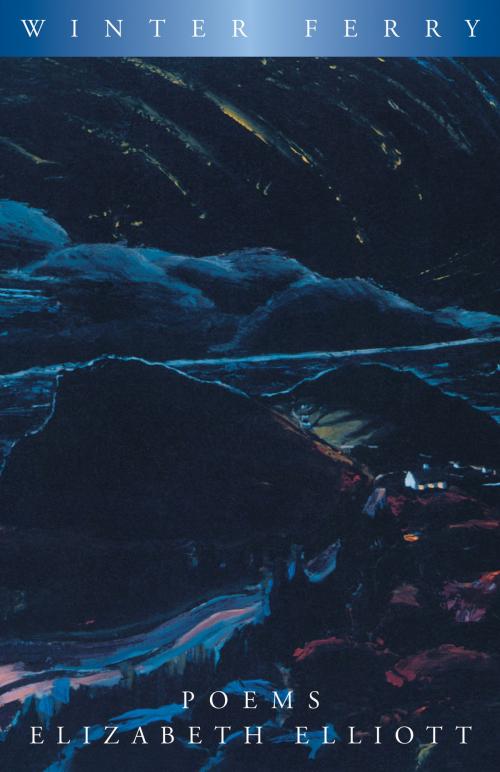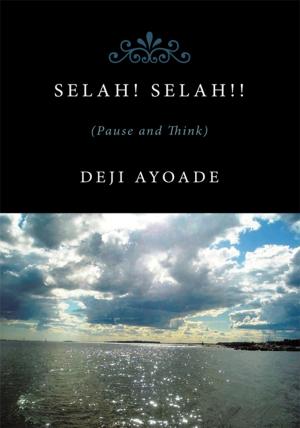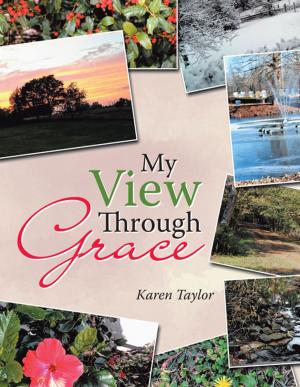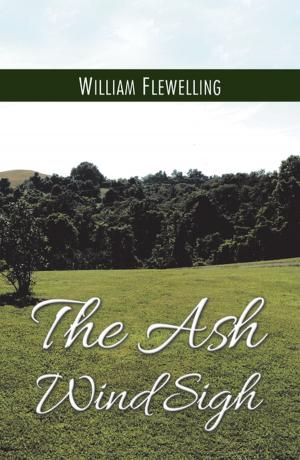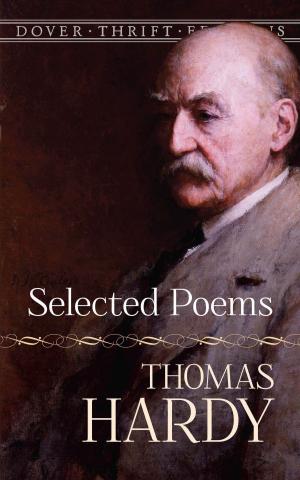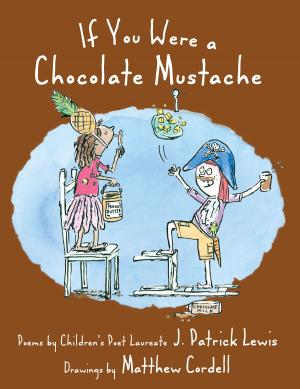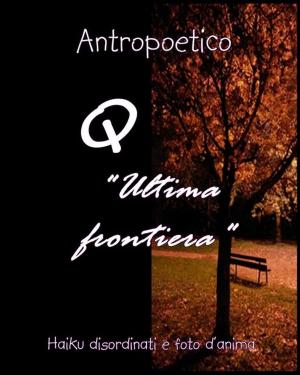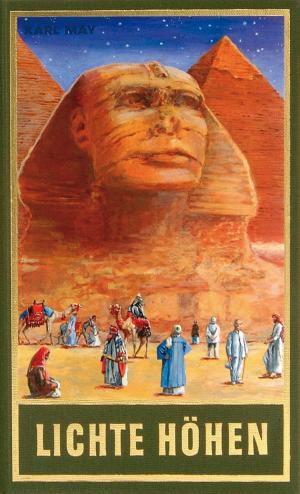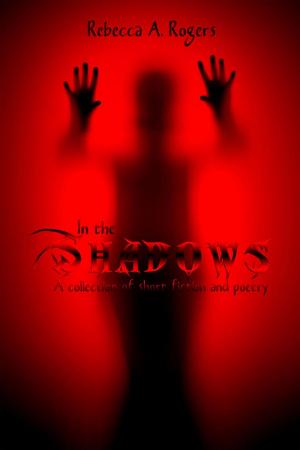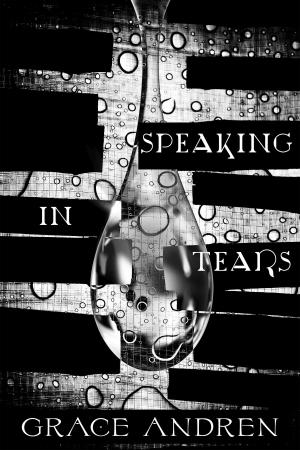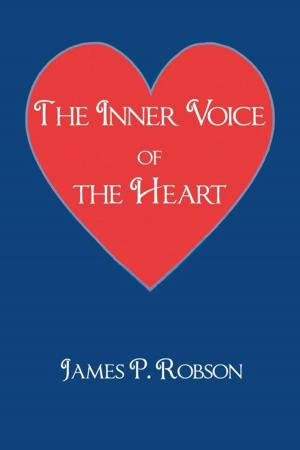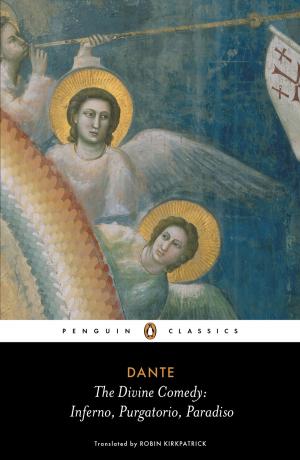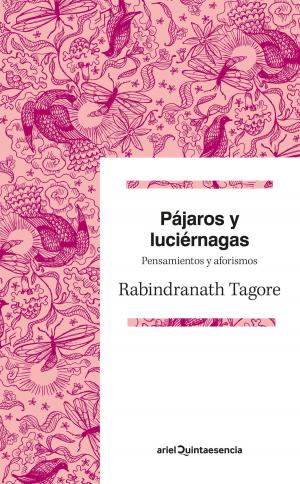| Author: | Elizabeth Elliott | ISBN: | 9780986297076 |
| Publisher: | WInter Press LLC | Publication: | June 28, 2015 |
| Imprint: | Smashwords Edition | Language: | English |
| Author: | Elizabeth Elliott |
| ISBN: | 9780986297076 |
| Publisher: | WInter Press LLC |
| Publication: | June 28, 2015 |
| Imprint: | Smashwords Edition |
| Language: | English |
Challenge: Write A Poem That Makes Personal To a Reader How The Human Sin Of Excess Carbon Is Causing Climate Change
This third book of Elliott's poetry plunges into the effort of causing readers to experience the grief Elliott experiences as she watches the window closing, that last window of time during which a universally fought battle against excess human carbon could still have a positive effect.
Ten years ago, information published from the reputable scientific community about present and future climate change, caused Elliott an unbearable grief. "More like a huge weight", she says, and she was unable to throw it off. And the years kept passing when we still had time to stop, or at least significantly slow down the carbon warming process. "How could the world's leaders give this increasing danger so little committed attention? How could some ignore it all together? As for the deniers ---" Elliott was sure that millions of ordinary people were enduring the same amazed burden of sorrow as she. But how to effectively communicate such feelings? The title poem, "Winter Ferry" is her answer. Embedded within the narrative of a ferry's last voyage are two stories that recall what we have lost: fresh pears and a miracle. The second poem in this same first section drives home the sense of loss: "Jericho Bay" is a short lyric about a summer day, taken for granted, long ago. In four further sections, poems speak to various subjects: to race, Where Is My Color?, to beauty, Plagiarize Beauty, to religion, Annunciation, to family, Sue, Folding Shirts, to evolution, Question For Darwin, and to music, Listening to Bach's B Minor Mass. But the first section matters.
Elliott's poetry explores the human condition in our quests for power and truth, for persistence, justice and hope. On our need for individuality, a purpose, and for achieving our goals with courage and persistence. Her poems show us our innocence and our temptations, our gratitude and appreciation, and our freedom. Our struggle to overcome loss and death, evil and harm, war and conflict and to find love and joy with the healing power of our spirit and our psyche. And our capacity to play, to study nature, science, and time, to create art and beauty, to sense the paradox and to experience the transformation of our lives. Here is the poetry of life, and a life of poetry.
Challenge: Write A Poem That Makes Personal To a Reader How The Human Sin Of Excess Carbon Is Causing Climate Change
This third book of Elliott's poetry plunges into the effort of causing readers to experience the grief Elliott experiences as she watches the window closing, that last window of time during which a universally fought battle against excess human carbon could still have a positive effect.
Ten years ago, information published from the reputable scientific community about present and future climate change, caused Elliott an unbearable grief. "More like a huge weight", she says, and she was unable to throw it off. And the years kept passing when we still had time to stop, or at least significantly slow down the carbon warming process. "How could the world's leaders give this increasing danger so little committed attention? How could some ignore it all together? As for the deniers ---" Elliott was sure that millions of ordinary people were enduring the same amazed burden of sorrow as she. But how to effectively communicate such feelings? The title poem, "Winter Ferry" is her answer. Embedded within the narrative of a ferry's last voyage are two stories that recall what we have lost: fresh pears and a miracle. The second poem in this same first section drives home the sense of loss: "Jericho Bay" is a short lyric about a summer day, taken for granted, long ago. In four further sections, poems speak to various subjects: to race, Where Is My Color?, to beauty, Plagiarize Beauty, to religion, Annunciation, to family, Sue, Folding Shirts, to evolution, Question For Darwin, and to music, Listening to Bach's B Minor Mass. But the first section matters.
Elliott's poetry explores the human condition in our quests for power and truth, for persistence, justice and hope. On our need for individuality, a purpose, and for achieving our goals with courage and persistence. Her poems show us our innocence and our temptations, our gratitude and appreciation, and our freedom. Our struggle to overcome loss and death, evil and harm, war and conflict and to find love and joy with the healing power of our spirit and our psyche. And our capacity to play, to study nature, science, and time, to create art and beauty, to sense the paradox and to experience the transformation of our lives. Here is the poetry of life, and a life of poetry.
